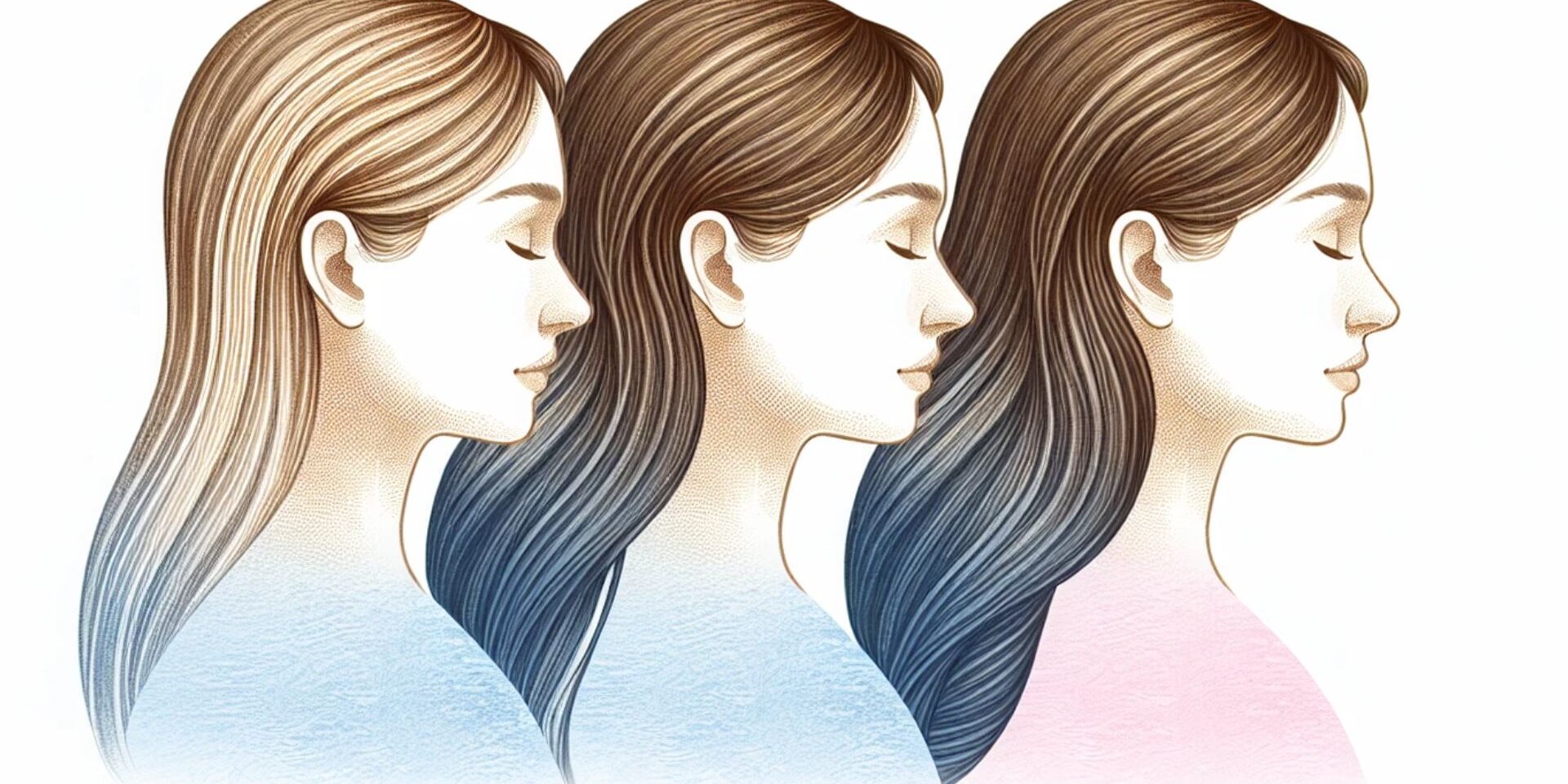Herbal hairloss remedies

Herbal Hair Loss Remedies: Natural Ways to Support Stronger, Fuller Hair
If you’d like to take a more natural route to dealing with hair thinning, herbal remedies can be a gentle yet powerful ally. Many plants have been used for centuries to nourish the scalp, stimulate growth, and reduce shedding. Results can differ for everyone but incorporating the right herbs into your routine may help you see healthier, fuller hair over time.
1. Saw Palmetto
Saw palmetto is widely known for its ability to counter the effects of DHT—a hormone linked to follicle shrinkage. By reducing DHT levels, this herb may slow down certain types of hair loss, particularly in women with androgen-related thinning. You can take it as a capsule, use it as a tincture, or try shampoos formulated with saw palmetto extract.
How to use: Follow the supplement dosage recommended by your healthcare provider, or use a saw palmetto shampoo several times a week.
2. Rosemary
Rosemary has a well-earned reputation for boosting scalp circulation and delivering nutrients more effectively to the roots. Its antioxidant content also helps protect follicles from oxidative stress. In some studies, rosemary oil has shown results similar to minoxidil when used regularly.
How to use: Blend rosemary essential oil drops with coconut or jojoba, and massage into your scalp for around 10 minutes. You can also make a rosemary tea rinse to use after shampooing.
3. Aloe Vera
Aloe vera is a soothing, non-inflammatory natural plant that helps maintain a healthy scalp environment. It also clears excess oil buildup, which can suffocate follicles and slow growth.
How to use: Apply fresh aloe gel directly to your scalp, leave it on for 20–30 minutes, and rinse. For extra hydration, mix aloe with a few drops of rosemary oil before applying.
4. Ginseng
Rich in ginsenosides, ginseng may help awaken dormant follicles and improve scalp health. It’s often found in herbal hair serums and shampoos, and can also be taken internally as a tea or supplement to boost energy and vitality.
How to use: Enjoy ginseng tea, take a supplement, or use a ginseng-infused scalp treatment once or twice a week.
5. Hibiscus
Hibiscus is packed with amino acids and vitamin C, both essential for keratin production and stronger hair strands. It’s often used to reduce breakage and encourage thicker growth.
How to use: Blend fresh hibiscus petals with coconut or almond oil to make a rich paste. Apply to your scalp and hair, leave for 45 minutes, then rinse thoroughly.
6. Fenugreek Seeds
Fenugreek contains proteins, iron, and compounds that help strengthen and thicken hair. It’s a favourite in Ayurvedic hair care for restoring shine and reducing shedding.
How to use: Soak seeds overnight, grind into a paste and then apply it to your scalp, and wash after 30–40 minutes.
7. Green Tea
Green tea’s antioxidants and natural DHT-blocking properties can help reduce follicle damage. Used regularly, it can support stronger, more resilient hair.
How to use: Brew a strong cup of green tea, let it cool, and pour it over your hair as a final rinse.
Tips for Best Results
- Stick to a routine – Herbal remedies take time. Aim for at least three months of regular use.
- Pair with healthy habits – A balanced diet, good hydration, and stress control amplify results.
- Test before use – Do a patch test to avoid reactions.
- Consult a professional – If you’re pregnant, nursing, or taking medication, seek advice before adding supplements.
By adding these herbs into your hair care plan, you can take a more natural, scalp-nourishing approach. While they may work more gradually than prescription treatments, they can help create the foundation for lasting hair health.\
Alternative and perhaps more aggressive treatments on hair loss are here.
